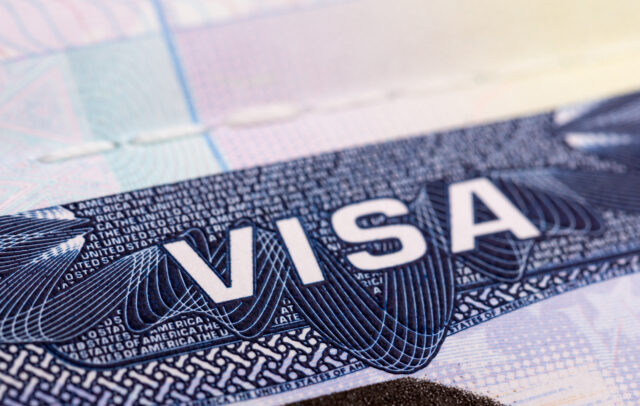You may appreciate your life as a citizen of the United States. Or, you may have worked hard to get permanent resident status in this country. Now, you may want to help your relatives accomplish the same. In short, you may do your part in filing Form I-130, Petition for Alien Relative, on their behalf. That said, please read on to discover how you can use an I-130 application to help your relative and how one of the seasoned Lancaster, PA green card lawyers at Lupton Law LLC can guide your relative through the next steps toward legal status in the country.
How can I use an I-130 application to help my relative?
For Form I-130, Petition for Alien Relative, you may be the petitioner or sponsor while your relative is the beneficiary. This is because, with this application, you are petitioning the United States Citizenship and Immigration Services (USCIS) that you have a qualifying relationship with your relative who wishes to come to or stay in the United States permanently.
Specifically, as a U.S. citizen over 21 years old, you must be looking to sponsor a spouse, child, parent, or sibling. But as a lawful permanent resident, you may be restricted to filing for your spouse or child.
All in all, once the USCIS approves your I-130 application, it opens up a gateway for your relative to apply for a green card to obtain lawful permanent resident status in the country. In other words, they get the green light to file Form I-485, Application to Register Permanent Residence or Adjust Status.
How easy will it be for my relative to obtain a green card afterward?
It may be relatively easy for your loved one to obtain a green card via Form I-485 if you, for one, are a United States citizen, and then they are classified as your immediate relative. That is, if they are your spouse, your unmarried child under 21 years old, or your parent if you are over 21 years old. Of course, this is so long as they fill out the form correctly, supply the appropriate supplemental evidence, and meet all other admissibility criteria.
Although this may be slightly different if your relative instead falls under a family preference category. For one, these categories are ranked, meaning some relatives have higher priority over others. What’s more, unlike immediate relatives, annual visa caps are imposed. Without further ado, below are the family preference categories your relative should be clear on:
- First preference: unmarried children over 21 years old of U.S. citizens.
- Second preference (F2A): spouses and unmarried children under 21 years old of lawful permanent residents.
- Second preference (F2B): unmarried children over 21 years old of lawful permanent residents.
- Third preference: married children of U.S. citizens.
- Fourth preference: siblings over 21 years old of U.S. citizens.
In the end, if you are ready to fight for your loved one’s access to this country, please retain the services of one of the competent Lancaster, PA family-based immigration lawyers. Our team at Lupton Law LLC awaits your phone call.



